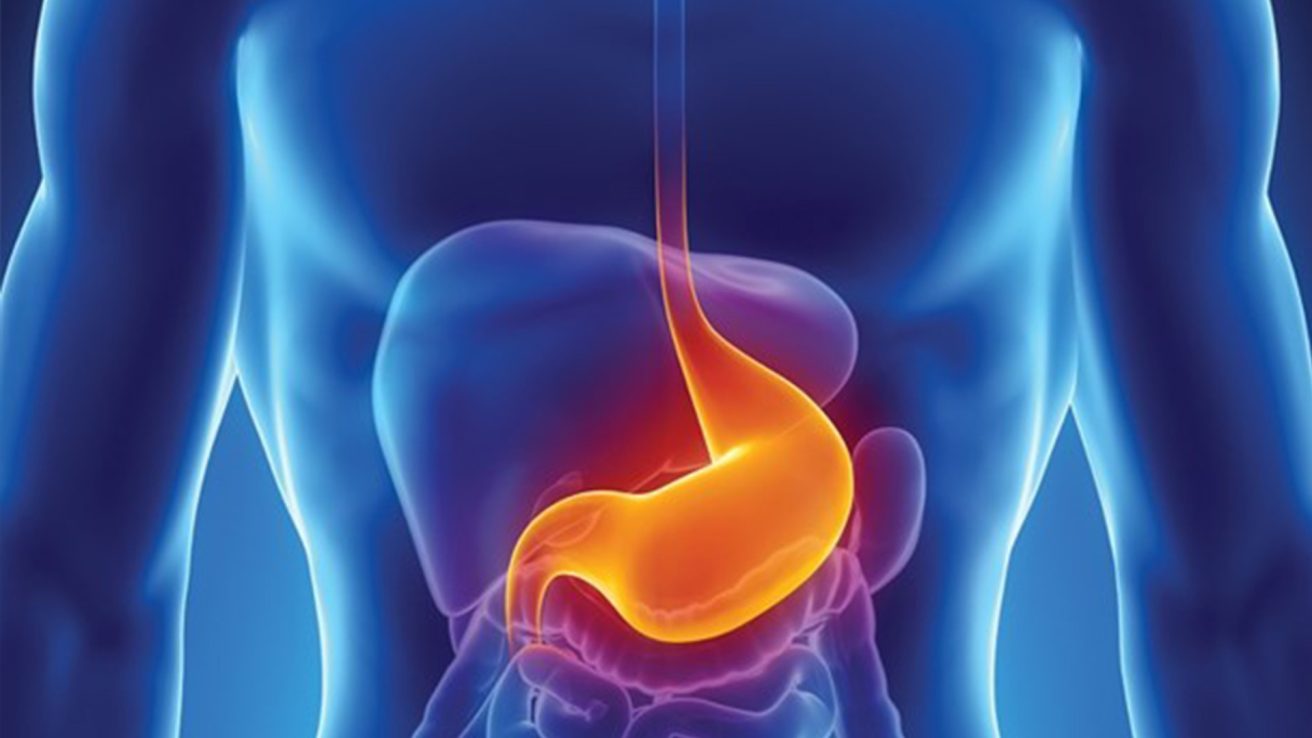Proton pump inhibitors (PPIs) were initially introduced in the 1980s. Since then PPIs are one of the most common medications prescribed throughout the United States with indications for use in peptic ulcer disease, gastroesophageal reflux disease (GERD), Zollinger-Ellison syndrome, and H. pylori infections. The latest research on the long-term risks of PPI treatment has both patients and clinicians evaluating whether patients should continue the PPI they have been taking the last several years.
Most patients treated with PPI have no indication for continued use or symptoms may not recur with discontinuation. Some studies shows approximately 70% of patients taking PPIs do not have indication for their continued use. Currently PPIs are FDA approved for 4-8 week treatment of GERD yet are often prescribed for longer durations. In studies with trials off of PPIs, approximately 70% of patients had recurrent symptoms after discontinuing PPI however only approximately 30% of patients required restarting daily PPI therapy.
Several studies have shown risks of PPI treatment including malabsorption of nutrients (such as vitamin B12, iron, calcium, magnesium, etc.), bone fractures, pneumonia, and C. difficile infections. It is recommended to obtain baseline magnesium levels in patients expected to be on long-term therapy greater than one year. Regular monitoring of vitamin B12 and magnesium levels is recommended to monitor for deficiencies.
New studies are showing suggestion of increased risk of chronic kidney disease secondary to interstitial nephritis and dementia among patients treated with long-term PPIs. These studies are observational studies in which there is not a random selection and control but rather observation of patients treated with PPIs. Given the increased age of patients as well as multiple comorbidities, there are multiple contributing factors making it difficult to determine an exact link and risk of developing dementia or chronic kidney disease with long-term PPI use. Multiple different studies have been done trying to determine the risk of dementia among PPI patients but unfortunately results of these studies have varied. Thus, further studies are needed to evaluate the relationship between dementia or chronic kidney disease and PPI use.
The benefit of PPIs is well documented in patients on chronic NSAID or antiplatelet treatment. These patients have a decreased risk of ulcer formation and upper GI bleeding with concomitant PPI therapy. Patients with GERD or Barrett’s should have a trial of 2-4 weeks on daily therapy and then decreasing to as-needed to see if symptoms recur. Studies suggest a decrease in progression from Barrett’s esophagus to esophageal cancer particularly esophageal adenocarcinoma with PPI use yet it is felt this benefit is small due to the low risk of progression from Barrett’s esophagus to adenocarcinoma at 0.1% annually. Currently, PPIs are not FDA approved for long-term therapy in patients with Barrett’s esophagus.
In patients with indications for PPI, the lowest dose which is effective should be used. Clinicians should consider prescribing PPIs as-needed for symptoms rather than maintenance daily therapy. Clinicians must monitor for potential side effects when prescribing PPIs and weigh the risks and benefits. Ultimately, a discussion between the provider and the patient is needed to determine the best treatment plan.
References
Long-term PPI Use: Balancing Potential Harms and Documented Benefits by Laine, L. & Nager, A.
Proton Pump Inhibitors: Overview of Use and Adverse Events in the Treatment of Acid Related Disorders by Wolfe, M. M.
Protons Pump Inhibitor Treatment and Lower Gastrointestinal Bleeding: Balancing Risks and Benefits by Lue, A. & Lanas, A.










